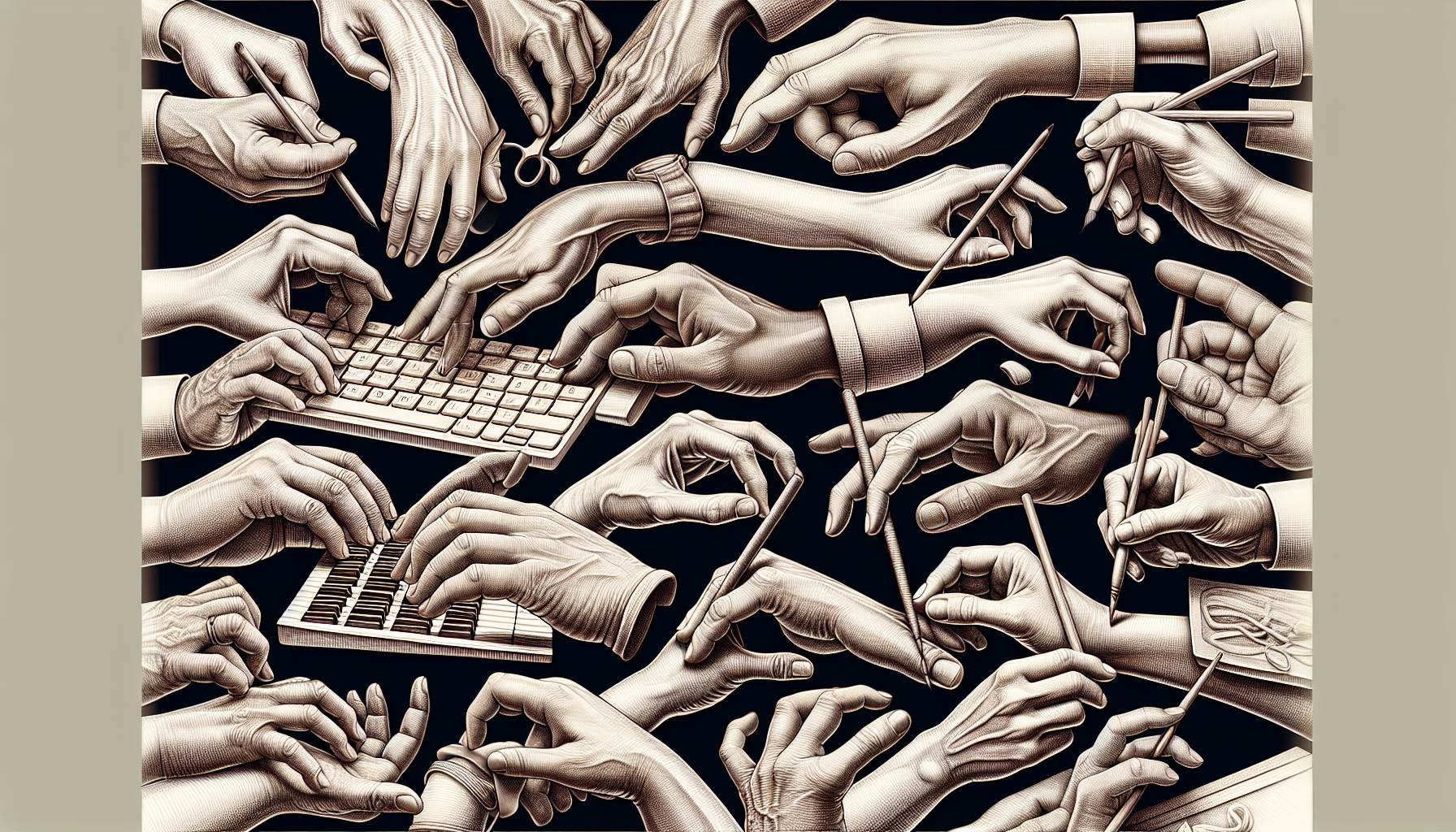Women Leading the Charge in Chicago's Software Scene

Women have historically been underrepresented in technology, particularly in leadership roles. However, Chicago's software scene is increasingly becoming a beacon of change, with women stepping into roles that were once dominated by men. Founders like Amanda Lannert of Jellyvision and Reshma Saujani of Girls Who Code are not just creating successful companies; they are also mentoring the next generation of female leaders.
Amanda Lannert and Jellyvision
Amanda Lannert has led Jellyvision, a company specializing in employee communication software, to develop innovative solutions that help consumers make better decisions regarding their health benefits. Her journey has been marked by resilience and determination, showcasing the hurdles women face in securing funding and visibility in a competitive landscape. Despite these challenges, under Lannert's leadership, Jellyvision has thrived, demonstrating that women can lead tech companies to success.
Reshma Saujani and Girls Who Code
Reshma Saujani, founder of Girls Who Code, is another notable figure in Chicago's software scene. Her organization aims to close the gender gap in technology by inspiring and equipping young girls with the skills they need to pursue careers in coding and technology. Saujani's work not only focuses on individual development but also addresses systemic issues that perpetuate gender inequality in tech.
Building Supportive Networks
One of the most significant aspects of the rise of women in Chicago's tech scene is the emergence of supportive networks. Organizations like Women Who Code and Tech Ladies provide platforms for female professionals to connect, share resources, and collaborate on projects. These networks empower women and create a sense of community that fosters growth and innovation.
Women Who Code
Women Who Code has become a vital resource for women in technology, offering coding workshops, mentorship programs, and networking events. By providing these opportunities, the organization plays a crucial role in dismantling the barriers that have historically limited women's participation in tech and leadership roles.
Tech Ladies
Tech Ladies regularly hosts events and workshops aimed at developing skills and providing mentorship opportunities. For instance, their "Tech Ladies Meetup" events encourage networking and collaboration among women in various tech fields, helping to foster relationships that can lead to job opportunities and partnerships.
Innovating for Inclusion
The impact of women leaders in Chicago's software industry goes beyond their individual companies. Many are leveraging their platforms to advocate for broader systemic change within the tech ecosystem. Female executives increasingly prioritize diversity in hiring practices and promote inclusive workplace cultures.
Michelle K. Lee and Policy Advocacy
Michelle K. Lee, former CEO of the United States Patent and Trademark Office, has championed initiatives to support women inventors and entrepreneurs. Her leadership exemplifies how women in tech can influence policies that create a more inclusive environment for future generations. By advocating for patent policies that consider women's contributions, Lee has paved the way for greater recognition of female innovators.
Success Stories and Impact
The successes of women in Chicago's software scene are not just personal achievements; they collectively contribute to the local economy. According to a report by the National Center for Women & Information Technology, companies with more women in leadership positions tend to perform better financially. This correlation highlights the importance of gender diversity in driving innovation and profitability.
The Mom Project
Female-led startups are increasingly gaining attention from investors, and one notable example is The Mom Project, founded by Allison Robinson. This company focuses on creating flexible job opportunities for women, particularly mothers, who often face challenges in the traditional workforce. The success of such ventures underscores the demand for inclusive solutions that cater to diverse demographics, demonstrating that women's leadership can directly impact economic growth.
The rise of women in Chicago's software scene is a testament to the power of diversity and inclusion in driving innovation and economic growth. By breaking barriers, building supportive networks, and advocating for systemic change, these female founders and executives are not only reshaping the tech landscape but also inspiring future generations of women to pursue careers in technology. As Chicago continues to foster an environment that values diverse voices, the impact of these women will undoubtedly resonate for years to come, paving the way for a more inclusive and innovative tech industry. The journey is far from over, but with each step taken by trailblazing women in Chicago's software community, the tech industry moves closer to a future where diversity is not just a goal but a fundamental part of its fabric.
Product Manager - Employee Communication Software
Jellyvision, Slack, Microsoft
Core Responsibilities
Lead the development and execution of product strategies to enhance employee communication tools.
Collaborate with cross-functional teams, including engineering, marketing, and sales, to align product offerings with customer needs.
Analyze user feedback to iterate and improve product features.
Required Skills
Strong understanding of agile methodologies and product lifecycle management.
Excellent communication skills to effectively convey product vision and requirements.
Experience with tools like JIRA or Trello for project management.
Software Engineer - Educational Technology
Girls Who Code, Khan Academy, Coursera
Core Responsibilities
Design and implement software solutions that empower users, particularly young girls, to learn coding skills.
Develop user-friendly interfaces and engaging learning modules for educational platforms.
Conduct usability testing and gather feedback to refine educational tools.
Required Skills
Proficiency in programming languages such as Python, JavaScript, or Ruby on Rails.
Experience with front-end technologies (HTML, CSS, React) and back-end frameworks.
Passion for education and inclusion in technology.
Diversity and Inclusion Program Manager
Google, Facebook, local Chicago startups
Core Responsibilities
Develop and implement initiatives that promote diversity and inclusion within the tech workforce.
Collaborate with HR to create policies and practices that support underrepresented groups.
Measure and report on the effectiveness of diversity programs to stakeholders.
Required Skills
Strong analytical skills to assess diversity metrics and outcomes.
Excellent interpersonal skills to engage with a variety of stakeholders.
Experience in program development and management within a corporate setting.
Community Engagement Coordinator - Tech Nonprofit
Women Who Code, Tech Ladies, local community organizations
Core Responsibilities
Organize workshops and events aimed at empowering women in technology through education and networking.
Build partnerships with local schools and organizations to promote tech opportunities for girls.
Manage outreach efforts to increase participation in programs focused on diversity in tech.
Required Skills
Strong project management and organizational skills.
Background in community outreach or nonprofit program coordination.
Understanding of the tech landscape and passion for gender equity in technology.
UX/UI Designer - Health Benefits Software
Jellyvision, health tech startups, software development companies
Core Responsibilities
Create intuitive user experiences for applications that assist users in understanding health benefits.
Conduct user research and usability testing to inform design decisions.
Collaborate with product managers and developers to ensure design feasibility and adherence to brand guidelines.
Required Skills
Proficiency in design software such as Sketch, Figma, or Adobe XD.
Strong portfolio showcasing previous UX/UI projects, particularly in health tech.
Ability to translate complex information into user-friendly designs.


